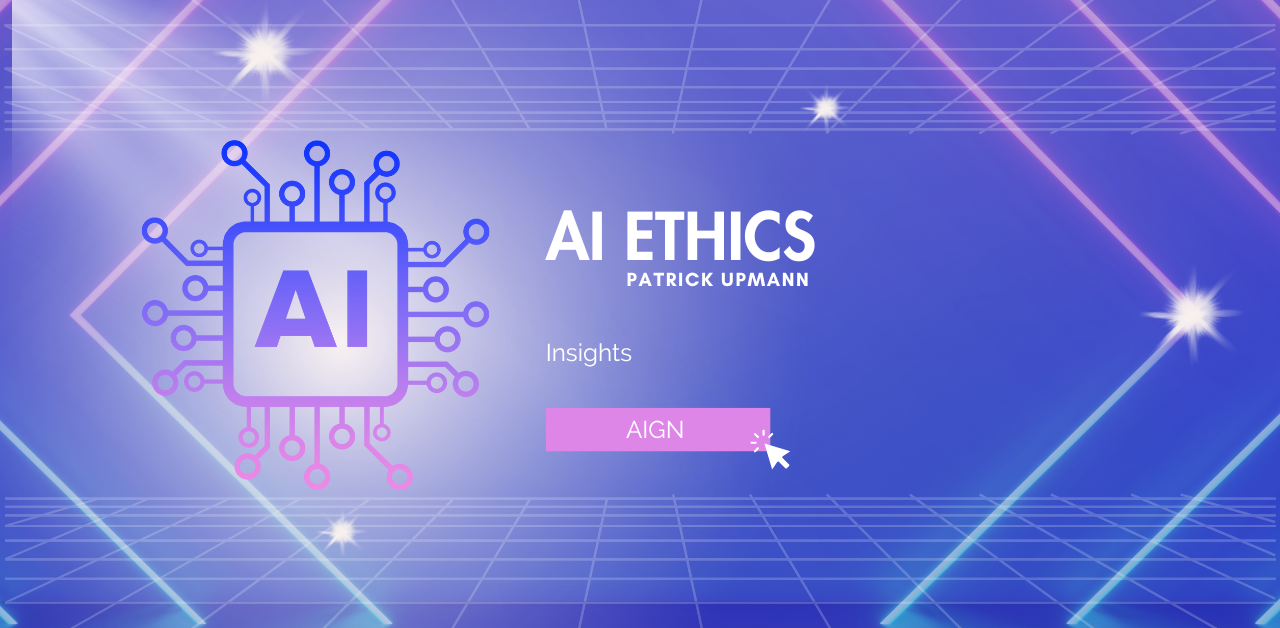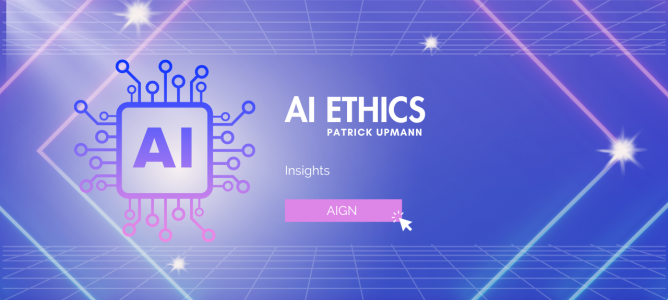Ethics-Driven – How Open-Source Initiatives Can Lead the Way in Transparency, Fairness, and Inclusivity
The development of Artificial Intelligence (AI) has rapidly shifted from closed proprietary systems to open-source models that encourage collaboration and innovation. However, this transition raises critical ethical concerns around transparency, fairness, and inclusivity. Ethics-driven open AI development is not just an ideal; it is an actionable approach to ensure AI technologies are equitable, accessible, and trustworthy.
This article explores the principles, challenges, and strategies of ethics-driven open AI development, emphasizing how open-source initiatives can lead to responsible AI innovation.
Why Ethics-Driven Open AI Development Matters
Ethics-driven open AI development addresses the inherent risks of bias, opacity, and exclusion by embedding ethical principles into the creation and deployment of AI systems. Key reasons why this approach is vital include:
- Fostering Transparency: Open-source frameworks make AI models more transparent and understandable to researchers, developers, and end-users.
- Promoting Collaboration: Open AI initiatives encourage diverse contributions, reducing bias and enhancing inclusivity.
- Building Trust: Ethics-first AI development builds public confidence by ensuring accountability and fairness in AI systems.
- Democratizing Access: Open-source platforms make advanced AI technologies accessible to communities worldwide, enabling innovation in underserved regions.
Statistic: According to the OpenAI Research Lab (2023), 72% of developers believe open-source AI models reduce systemic bias compared to proprietary systems.
Key Principles of Ethics-Driven Open AI Development
- Transparency
All aspects of the AI lifecycle—data collection, model training, and decision-making—must be open and understandable.Example: Documenting and publishing datasets, model architectures, and decision-making processes. - Fairness
AI models must be designed and tested to minimize biases and ensure equitable outcomes for all demographic groups.Statistic: Ethical AI models increase fairness in decision-making processes by 46% (MIT Ethics Lab, 2023). - Inclusivity
Open-source initiatives must actively involve contributors from diverse backgrounds and underrepresented communities to ensure the broad applicability of AI systems. - Accountability
Developers and organizations must take responsibility for the societal impact of their open AI initiatives, including unintended consequences. - Sustainability
Resources and practices in open AI development should prioritize environmental and social sustainability.
Challenges in Ethics-Driven Open AI Development
- Data Bias and Accessibility
Open AI models often rely on publicly available datasets that may reflect societal biases, compromising fairness. - Lack of Ethical Oversight
Open-source projects sometimes lack the governance structures needed to enforce ethical standards. - Resource Constraints
Building and maintaining open-source AI projects with an ethical focus can require significant time and resources. - Security Risks
Open models may be exploited for malicious purposes without proper safeguards in place.
Example: Open-source AI tools being used for generating harmful deepfakes or misinformation.
How to Drive Ethics in Open AI Development
1. Establish Ethical Standards for Open AI Projects
Create a robust ethical framework that developers and contributors must adhere to when building open AI systems.
Actionable Steps:
- Develop guidelines for fairness, transparency, and accountability in open-source contributions.
- Include ethical evaluations as part of project reviews and updates.
2. Prioritize Transparency and Explainability
Ensure that every element of open-source AI models is documented and accessible for review.
Example: The Hugging Face platform provides detailed documentation on model behavior, encouraging ethical usage.
3. Foster Diverse Contributions
Engage with global communities and underrepresented groups to promote inclusivity in the development process.
Statistic: Open-source initiatives with diverse contributors show a 30% increase in fairness and accuracy (Open Ethics Alliance, 2023).
4. Implement Ethical Audits
Regularly audit open-source AI projects to identify biases, risks, and ethical gaps.
Actionable Steps:
- Use automated tools to detect bias and fairness violations.
- Publish audit results to maintain transparency.
5. Leverage Open Data with Safeguards
Encourage the use of open datasets while ensuring data quality, diversity, and compliance with privacy regulations.
6. Build Governance Structures
Create oversight committees or advisory boards to provide ethical guidance and resolve conflicts in open AI initiatives.
Case Studies: Ethics-Driven Open AI Development in Action
- OpenAI’s GPT Series
While proprietary in deployment, OpenAI shares extensive documentation and ethical considerations for its models, fostering transparency. - Hugging Face
This open-source platform focuses on creating ethically aligned AI tools, with community-driven initiatives to reduce biases in language models. - Partnership on AI
This global consortium emphasizes ethical open AI development, promoting collaboration among researchers, industry leaders, and NGOs.
Benefits of Ethics-Driven Open AI Development
- Global Collaboration: Encourages diverse perspectives, reducing bias and promoting inclusivity.
- Enhanced Innovation: Open platforms allow for faster iteration and the incorporation of best practices.
- Increased Trust: Ethics-first approaches lead to AI models that users and organizations can trust.
- Regulatory Preparedness: Aligns with emerging global AI regulations, reducing compliance risks.
Statistic: Ethical open-source projects attract 50% more contributions compared to traditional open-source initiatives (Ethics & AI Report, 2023).
Conclusion
Ethics-driven open AI development is a transformative approach to creating AI systems that prioritize transparency, fairness, and inclusivity. By adhering to ethical principles, fostering collaboration, and addressing challenges head-on, open-source AI projects can set a new standard for responsible innovation.
Take Action Today
If your organization is exploring open-source AI development, we can help you embed ethical principles into your initiatives. From building transparent workflows to conducting fairness audits, our expertise ensures your projects align with global best practices for responsible AI development. Let’s collaborate to create ethical, open, and impactful AI systems for a better future.


